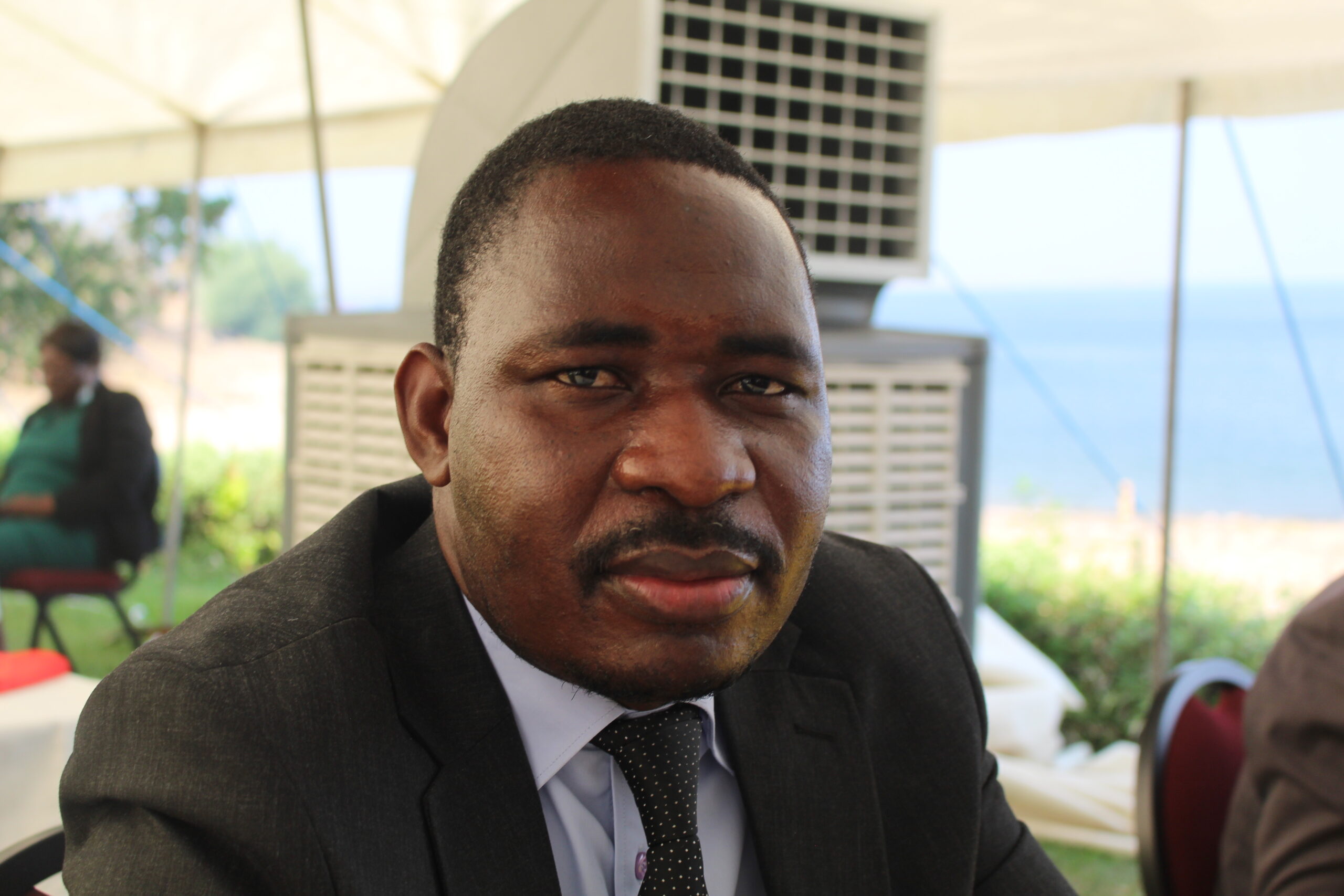The country needs to focus on having a few tried and tested Artisanal and Small-scale Gold Mining (ASGM) proofs of concept in order to unlock commercial funding for the sector, Dr Albert Maipisi has said.
Rudairo Mapuranga
The ASGM is a significant global livelihood and supplier of gold. The sector has largely been left at the margins of the formal economy with limited access to formal finance. Formal finance is largely finance that falls within the international and national law than informal economy financing.
Informal financing mostly has little or no regard for environmental, social or governance considerations including mercury reduction or elimination because the model mostly prioritizes finance-first as opposed to impact-first.
To date, formal finance reaching the ASGM sector has generally been restricted to donor and grant finance, with minimal evidence of finance from mainstream commercial lenders, and other high-impact investors.
Speaking at the Parliamentary Portfolio Committee on Mines and Mining Development All Stakeholders Workshop on Gold Sector Value Chain Dr Maipisi said globally there is a growing interest in the ASGM from commercial investors with a few however able to fund the sector. He however said that there is a great potential for the commercial world to fund ASGM activities.
“There is growing interest in ASGM from commercial investors, although only a few have allocated funds to the sector. That is because there are existing barriers to finance, but, importantly, the ASGM can become a new investment sector if those barriers are progressively dismantled. Existing finance is usually channelled through an intermediary who is mostly a bank or a government arm due to the fragmentation of the sector’s participants,” Dr Maipisi said.
According to Dr Maipisi there should be formal financing sources in the ASGM such as the cooperative model concept which was developed to operate through a combination of the equipment lease and hire purchase model as well as a debt model.
“Zimbabwe needs to focus on having a few tried and tested proofs of concept in order to unlock funding from other sources of formal financing. Suggested concepts are: Cooperative model developed to operate through a combination of the equipment lease and hire purchase model as well as the debt model as was the case in Tanzania and Ghana, through the intermediary Fidelity Printers for a start. Impact-first models are to be employed sustainably by NGOs and government to prove the concept and not merely as a charity livelihood intervention,” Dr Maipisi said.
.png)




